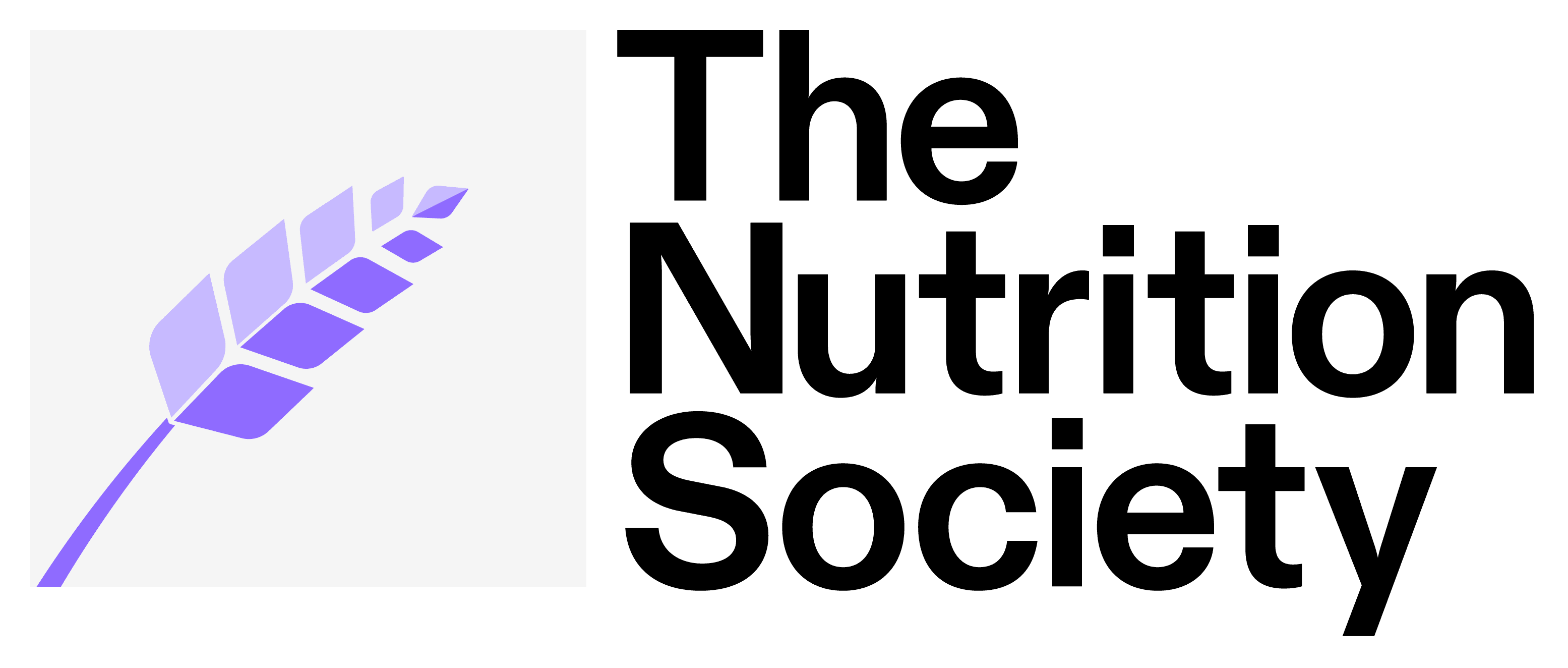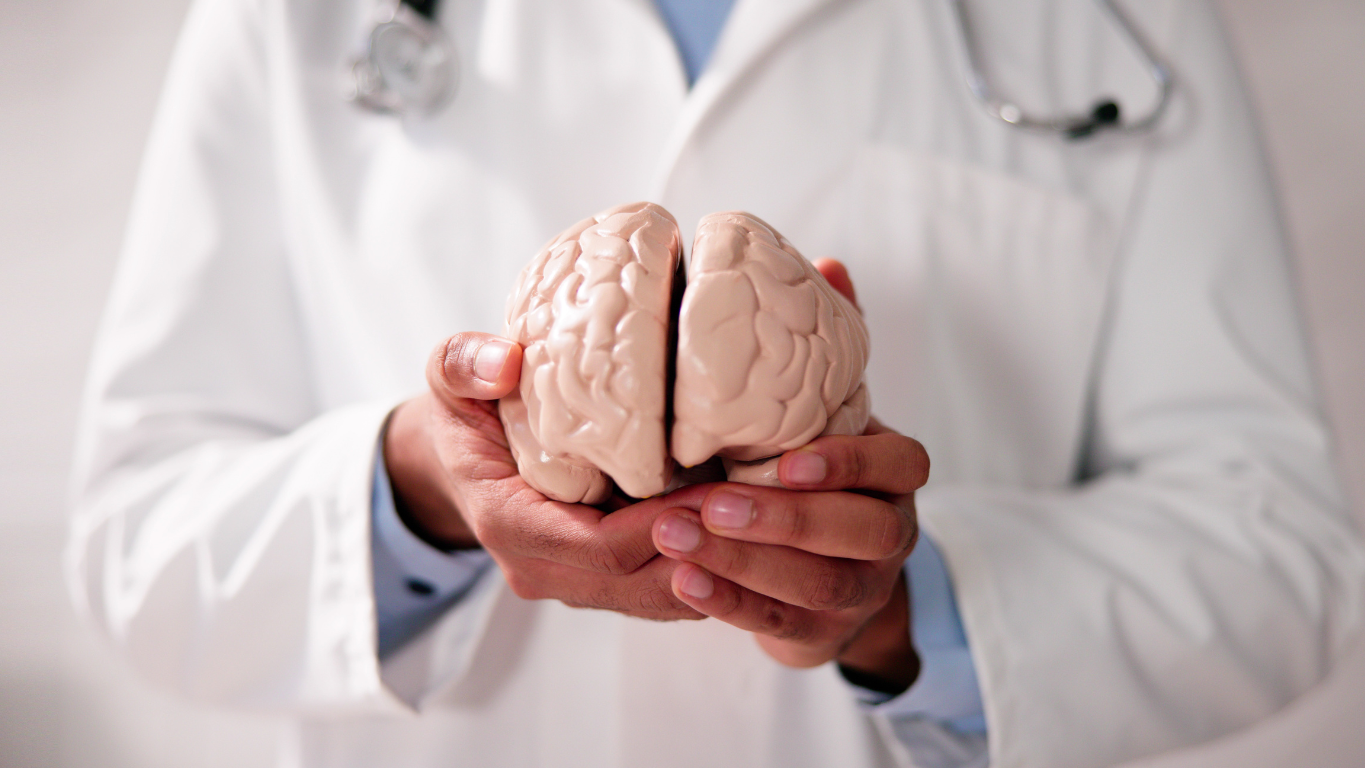The brain is a highly active organ, using 20% of the total oxygen and glucose consumed by the body, despite representing only about 2% of body weight. Cognition, which includes memory, attention, language production, and planning, is the mental process of acquiring knowledge and understanding through thought, experience, and the senses. The neurophysiological processes and brain cells underlying cognition are highly sensitive to nutritional status and dietary composition.
In this webinar, you will learn about the impact of select dietary components, foods, and dietary patterns on cognition and the risk of dementia. We will examine preclinical, prospective cohort, and randomised controlled trial (RCT) evidence on the neurocognitive benefits of flavonoids, fiber, fish/omega-3 fatty acids, B-vitamins, ketones, the Mediterranean-style diet, and the MIND diet. You will also gain insights into the apparent disconnect between the large effect sizes seen in prospective cohort studies and RCTs, with a focus on subgroups who may be most responsive to intervention—such as those with low habitual status or a cardiovascular risk profile. Additionally, we will discuss inequalities in incident dementia and cognitive decline between males and females.
What will I gain from this webinar?
- You will be able to understand the aetiology and prevalence of Dementia.
- You will be able to describe strategies to promote cognitive health and reduce dementia risk into older age, both in the medium and long term.
- You will gain insight into emerging research areas, including the effect of menopause on cognitive decline.

